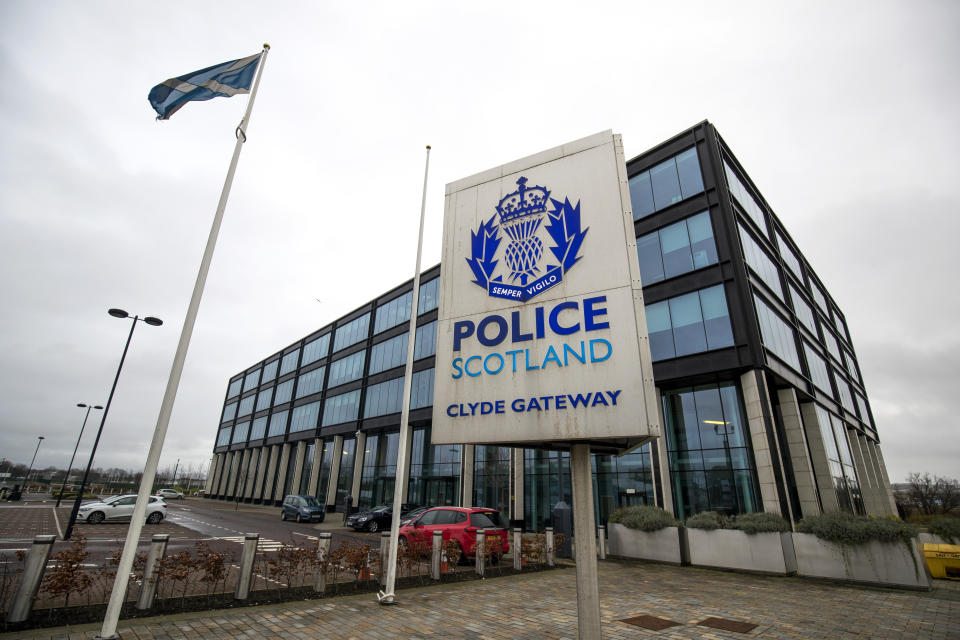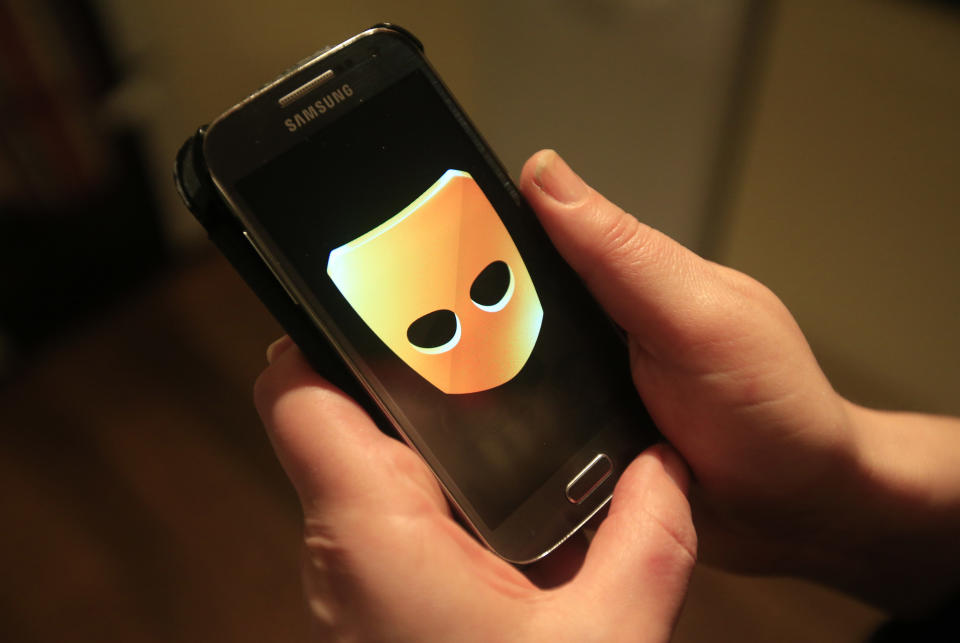Paedophile-hunting group's evidence 'breached right to privacy', court hears

A prosecution that used evidence provided by a paedophile-hunting vigilante group breached a convicted man’s right to privacy, a court has heard.
Judges at the Supreme Court, sitting remotely, heard on Wednesday about how authorities work with “paedophile hunters” and whether their investigations, and prosecutions based on their work, are compatible with human rights.
The case has been brought by Mark Sutherland, who the court heard sent sexual messages to what he thought was a 13-year-old boy on the dating app Grindr. The Supreme Court said he arranged to meet the child at Partick station in Scotland.
The account was actually a decoy created by an adult member of a paedophile-hunter group, which handed over evidence to the police about him.
He was convicted of attempting to communicate indecently with an older child and related offences in 2018, according to the Supreme Court.

Sutherland has appealed to the court on the basis that the covert Grindr account and resulting evidence passed to officers amounted to a breach of his right to privacy under article 8 of the European Convention on Human Rights.
Gordon Jackson, the dean of the faculty of advocates in Scotland, for Sutherland, said there was disquiet “about the whole operation of vigilante groups” that “in general terms do not fit nicely or kindly with the way we do things”.
He said the police allow them because officers would need authorisation to try to snare potential paedophiles in this way, and the hunter groups provide a way to get around Scotland’s investigatory powers laws.
Jackson argued that covert surveillance, which is regulated for the police, cannot be left by the state to vigilantes.
He said their activities were allowed by being “justified by the abhorrence of the crime” their targets commit, and enjoy “tacit” encouragement by authorities who secure convictions based on the hunter groups’ evidence.

“It is a systemic use of these organisations by the Crown who then say, nothing to do with us, they just come to us as private citizens,” he said, adding that picture “doesn’t reflect the reality”.
Responding, Alison Di Rollo, solicitor general for the Crown Office and Procurator Fiscal Service, Scotland’s prosecution service, argued the police have a duty to detect and prevent crime and respond when alerted to a “person who may pose a sexual risk to children”.
She said there is “no right to respect for such behaviour in a democratic society” and no violation of article 8.
Using Grindr to form relationships could engage article 8’s privacy rights, she said, but that “does not extend to doing so with children”.
Discussing how the groups work and their relationship with the police, she insisted: “The self-tasking of the decoys is just that. Self-tasking.”
Di Rollo also said that police are issued advice about paedophile-hunters and the actions of vigilante groups are held accountable under the law.
The Supreme Court judges will now decide on whether Sutherland’s rights were breached. A date for the judgement has not been set.

 Yahoo News
Yahoo News 